Acts 1:1-11; Ps. 47:2-3, 6-9; Eph. 1:17-23; Mk. 16:15-20
The Solemnity of the Ascension of the Lord comes to us with the promise of the Holy Spirit. The Holy Spirit is the promise of God’s power to believers. It is the power to drive out demons, speak new languages, lay hands on the sick and they will recover. It is God’s power but we are his instruments of this power. We are his baptized believers so the fruit of this power is to come through us.
As it is, research says that we only utilize about 10% of our brain’s capacity. If we include the potential power of the Holy Spirit how well are we utilizing the gifts and power of the promise? I suspect the answer is “not nearly enough”. The reason goes back to the weakness of the flesh that holds on to the powerlessness of its own will rather than surrender to the power of the will of God. The power of the promise is manifest in our desire to do the will of God. The greater our surrender the greater the power and miracles that come from it. This is the testimony of the great saints.
Too often the sentiment is “I am not worthy”. God places no standard of worthiness on his people. He places a standard of obedience, surrender and sacrifice. He calls us friends but as his friends our commitment is still trying to bargain with a “yes, but not yet” or “yes, but not completely”. If not now when? How long will we keep him waiting for our hearts to open up to his love? The spirit is weak from lack of spiritual muscle. Spiritual muscle comes from spiritual exercises that includes our prayer life, our charity, and our communion with God. These are the corner stones that opens our hearts to obedience, surrender and sacrifice. Practice leads to perfection in any of our life goals corporal as well as spiritual. Do it! Do it right! Keep doing it!
It all begins with taking the next right step. It comes as an inspiration from the Spirit, it passes through right judgment, and leads to an act of holiness. That is why we are called to be holy as God is holy. It is the Spirit of truth that he promised and we will not be misled. This is the promise coming from the Ascension of the Lord that we may follow him both now and at the hour of our death. The Lord left us the promise of the Holy Spirit to strengthen us in our faith journey but it is a journey we must still undertake.
Today also marks Mother’s Day in which we honor our mothers who through the pain of childbirth said “yes” to life. It is a selfless self-giving sharing in the mystery of creation. It is saying “yes” to God and trusting in the Lord to walk in faith raising up a child with God’s special graces he gives to mothers. A mother knows her children because her love comes with a spirit of wisdom and revelation. They have eyes behind their heads, “lol”.
We also recognize the women who said “yes” to accepting a child raising them as their own because of whatever circumstances the child was born in or found themselves in. Mothers are an example of how God works through humanity to bring about life, joy, peace, love and salvation. The reward of motherhood is a great blessing but greater is the promise to come when God will call us to his glory.






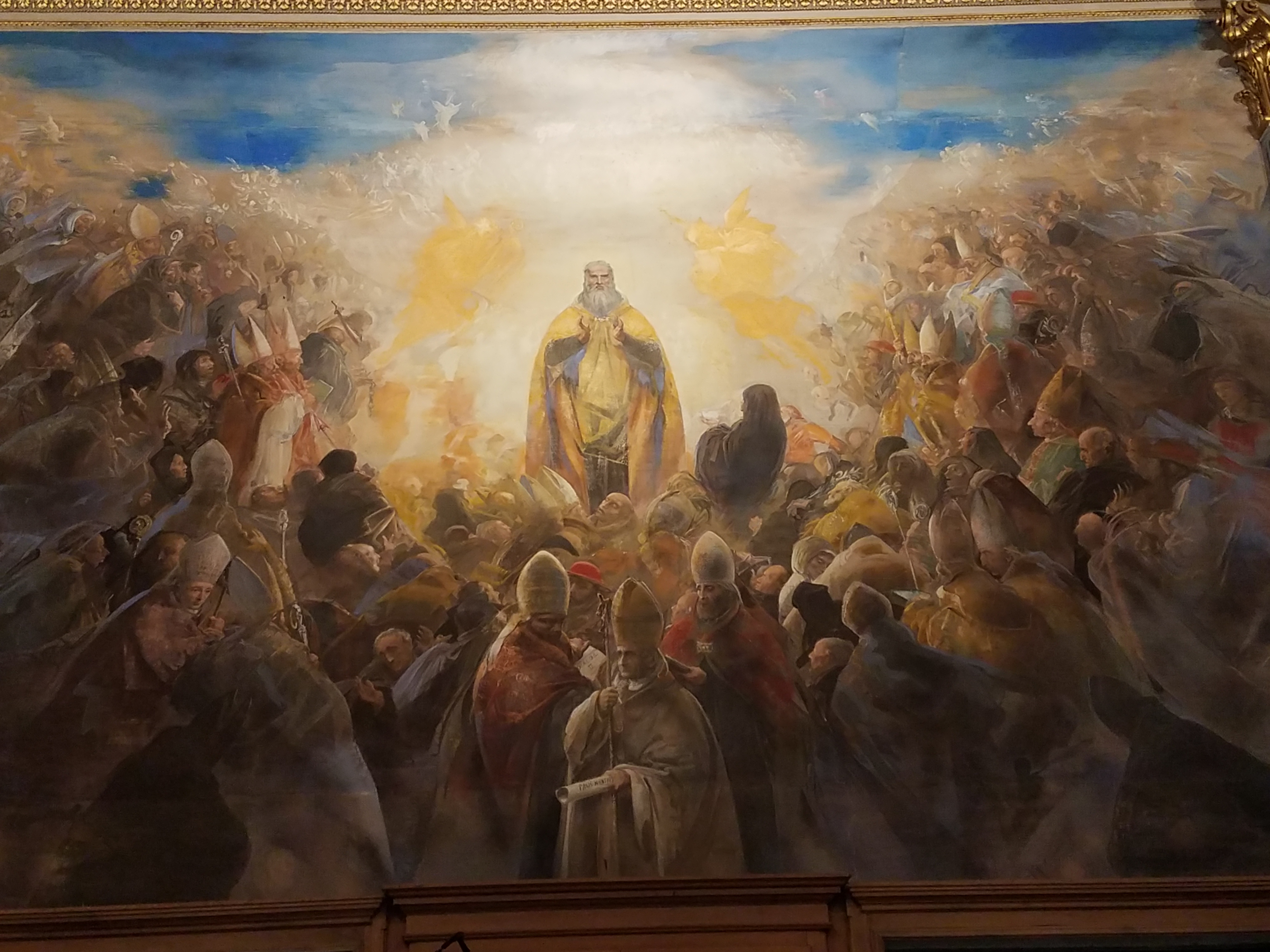

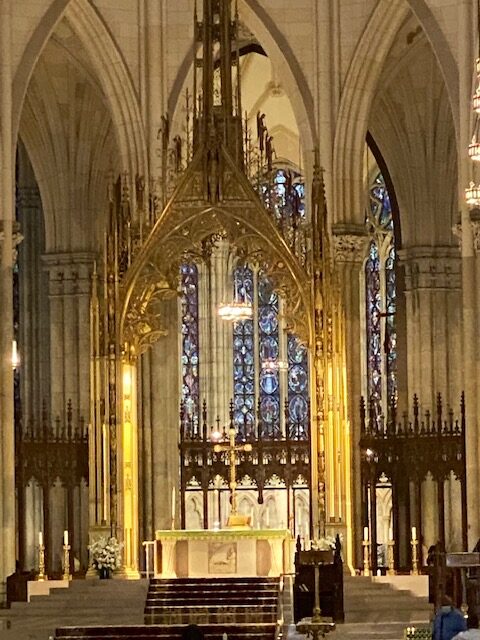
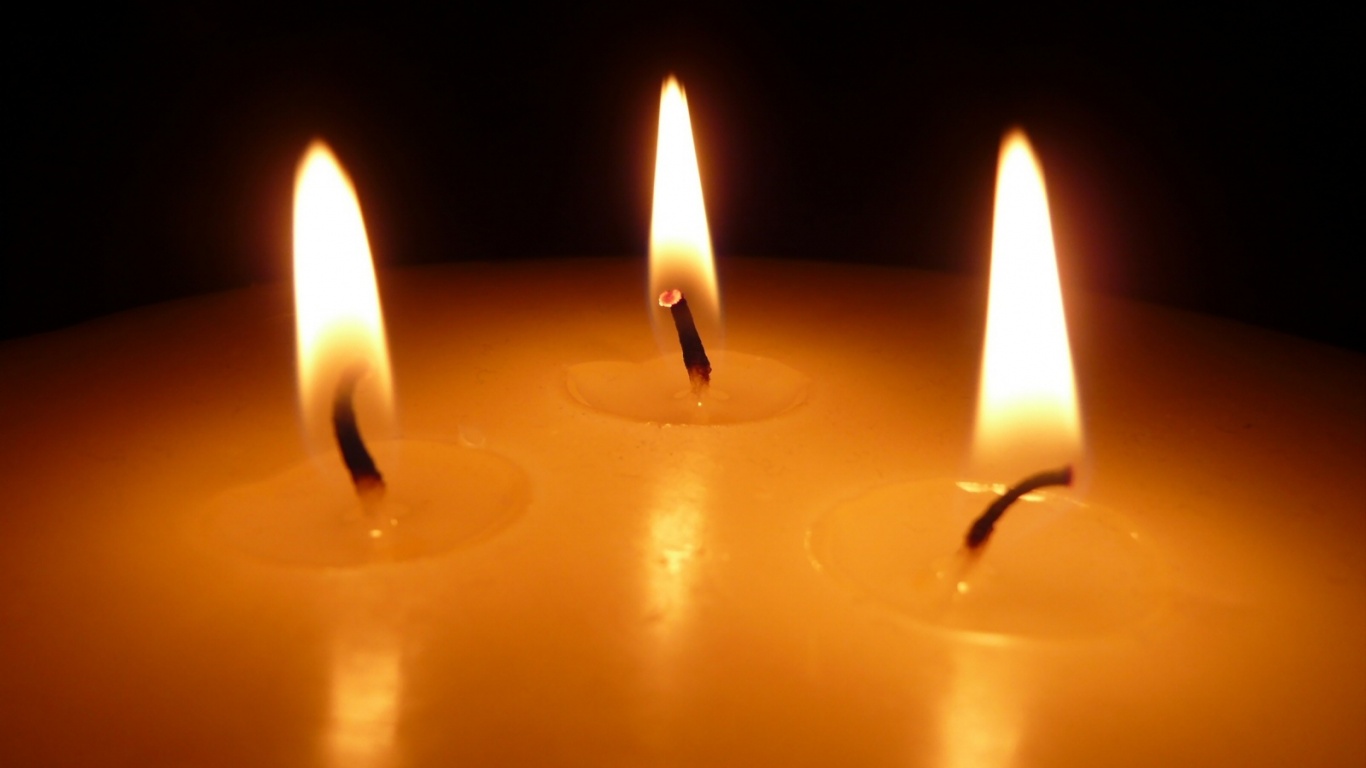

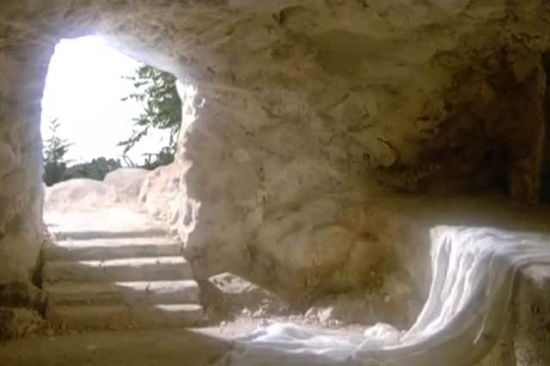

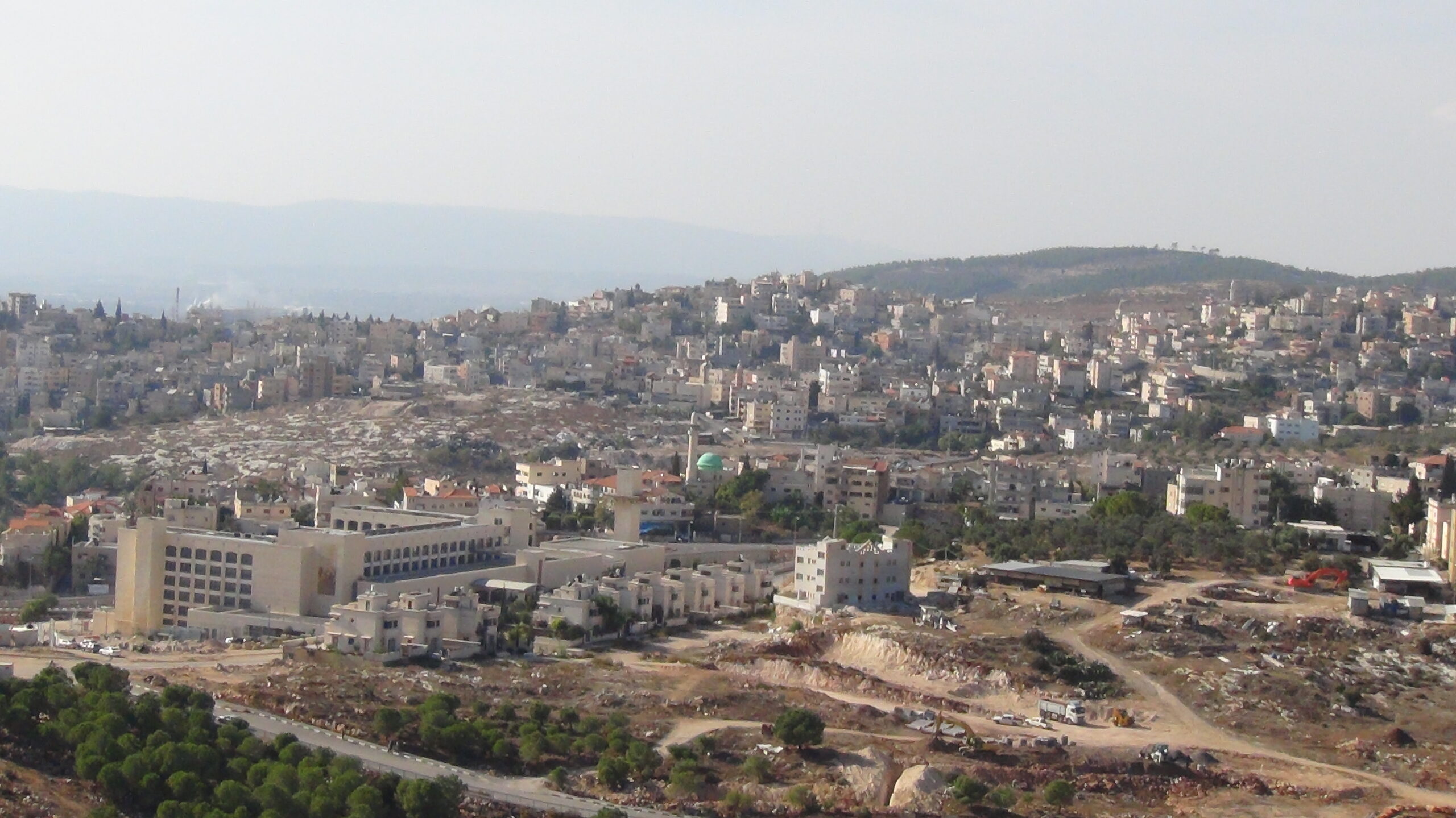

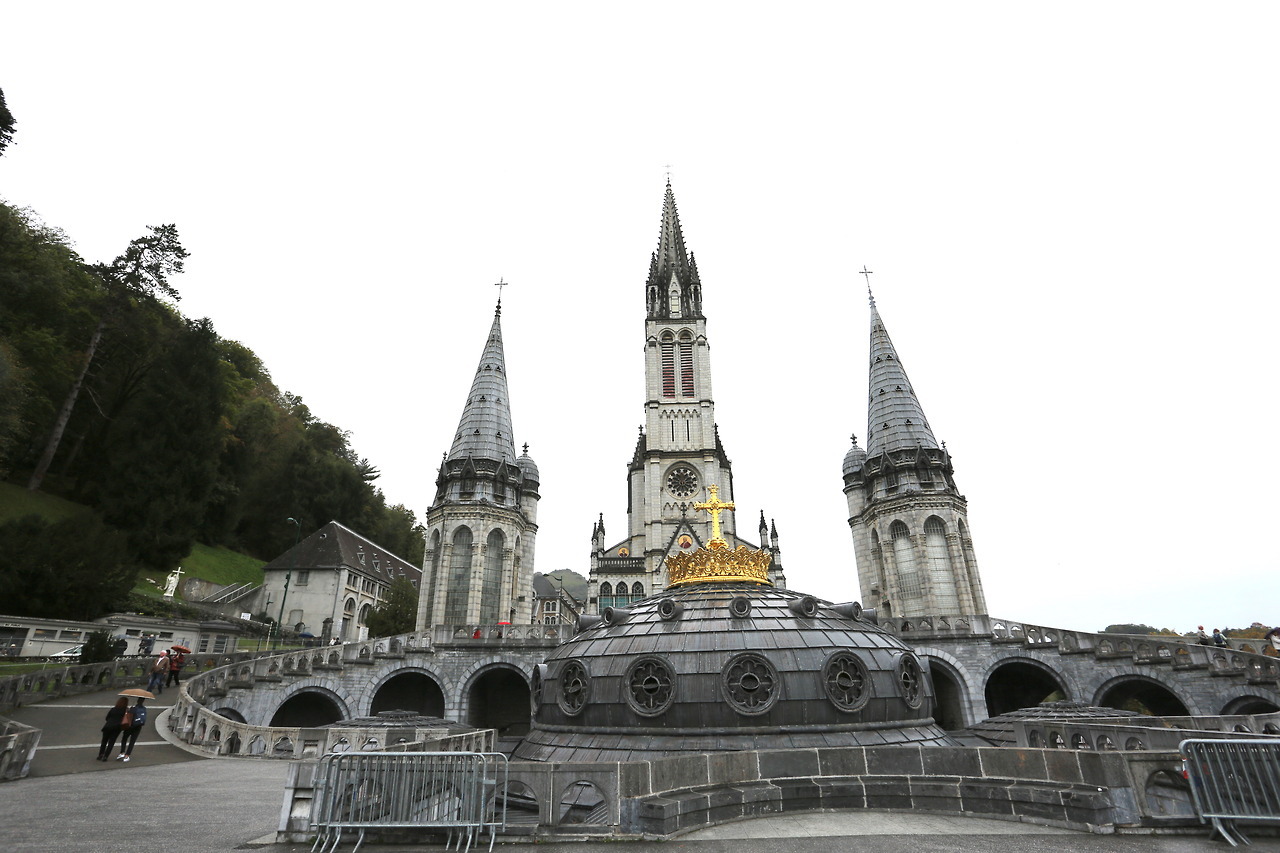


Recent Comments